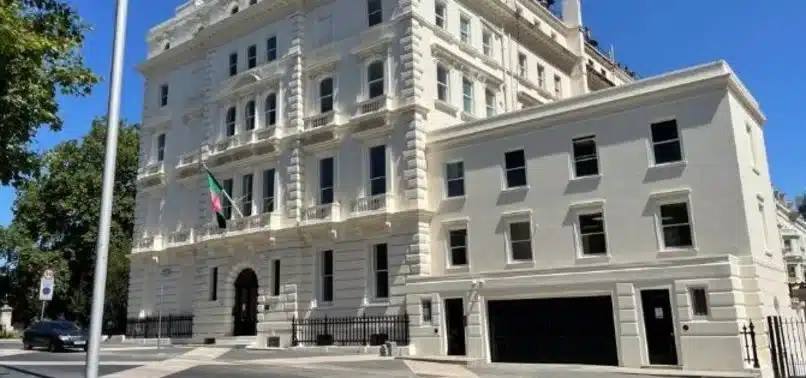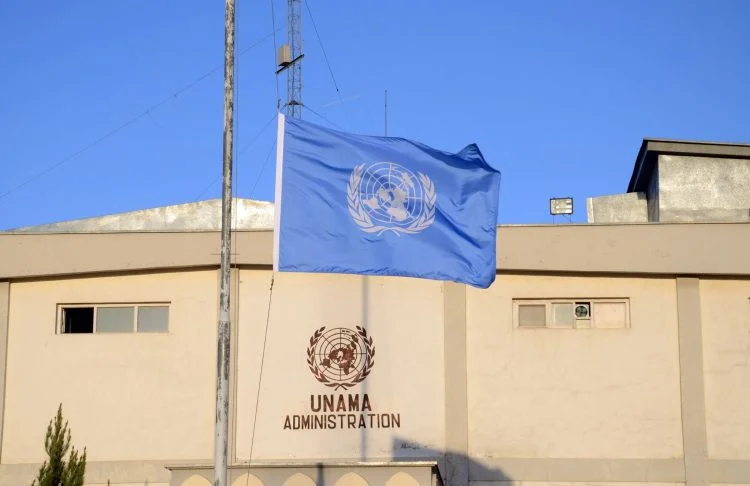Closure of Afghan Embassy will occur, according to a recent report. The British Foreign Office officially informed Zalmay Rasul, the former ambassador to London, of this decision.
Reports indicate that the British Foreign Office summoned Mr. Rasul on Friday, September 6. They instructed him to shut down the Afghan embassy within 20 days. The Taliban’s prolonged efforts to compel the embassy to cooperate with its foreign ministry have led to this decision. The Taliban has announced that the embassy’s consular services are no longer valid. This move appears to have influenced the British government’s decision to proceed with the closure.
The British Foreign Office has clarified that it will not hand over the embassy’s affairs to Taliban representatives and will proceed with the closure of the Afghan embassy as planned. The office has given embassy staff 90 days to either leave the UK or remain in the country. This provides a limited window for staff to make necessary arrangements amid the evolving and increasingly strained diplomatic landscape.
Also See: UAE Accepts Taliban Ambassador Amid Diplomatic Divide
Impact on Migrants
The UK is home to one of the largest Afghan migrant populations in Europe. The closure of Afghan embassy will significantly impact these migrants, complicating their access to essential consular services, such as obtaining power of attorney for property matters, processing legal documents, and addressing personal issues. The absence of a functioning embassy in London will likely exacerbate the difficulties faced by Afghan nationals needing to manage affairs back home.
The closure of Afghan embassy underscores the complexities of international diplomacy and its profound impact on Afghan migrants. It highlights the substantial challenges faced in accessing vital consular services amidst shifting political dynamics and geopolitical tensions. The situation reflects broader issues faced by displaced populations, emphasizing the difficulties in navigating bureaucratic and diplomatic hurdles when diplomatic ties become strained, further complicating the lives of those affected.
This news is sourced from Khaama and is intended for informational purposes only.






